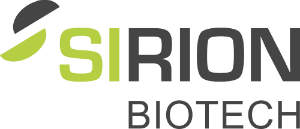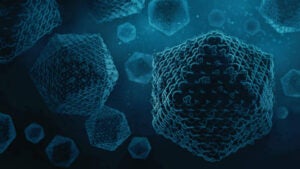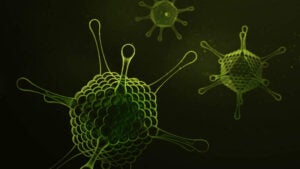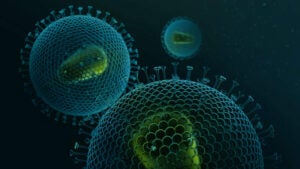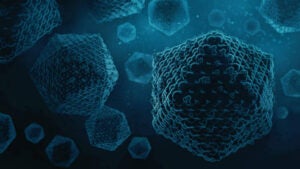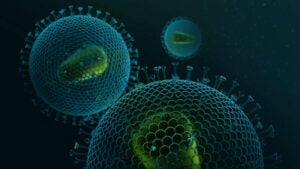Webinar: Engineering AAV Lead Vectors for Gene Therapy
The recombinant adeno-associated virus (rAAV) vector design affects not only the duration and localisation of the therapeutic sequence transcription, but also the manufacturing scalability and generation of manufacturing by-products, such as process and product-related impurities, that compromise the safety and efficacy of rAAV vector particles.
SIRION Biotech will illustrate, via gap analysis case studies, how undersized rAAV vectors affect the level of process-related impurities such as co-packaged DNA plasmid sequences. Experimental data will be presented to compare design strategies, such as adding ‘DNA stuffer sequences’, to minimise this safety concern.
We will also discuss case studies in which oversized rAAV vectors are the root cause of suboptimal rAAV batch potency due to high levels of product-related impurities. Strategies for the analytical quantification of these types of impurities will be demonstrated with experimental data.
In addition to the impact on quality and safety, rAAV vector design contributes to the therapeutic sequence expression level and persistence in the target tissue. We will exemplify this point by focusing on the promoter element.
Join SIRION Biotech’s Dr Michael Salomon and Dr Irene Ferreira as they discuss strategies for engineering rAAV lead vectors for gene therapy that address safety and efficacy requirements.
Details
This webinar originally took place on 16 March 2021 but is now available to watch on demand. For details on how to watch, please click here.

